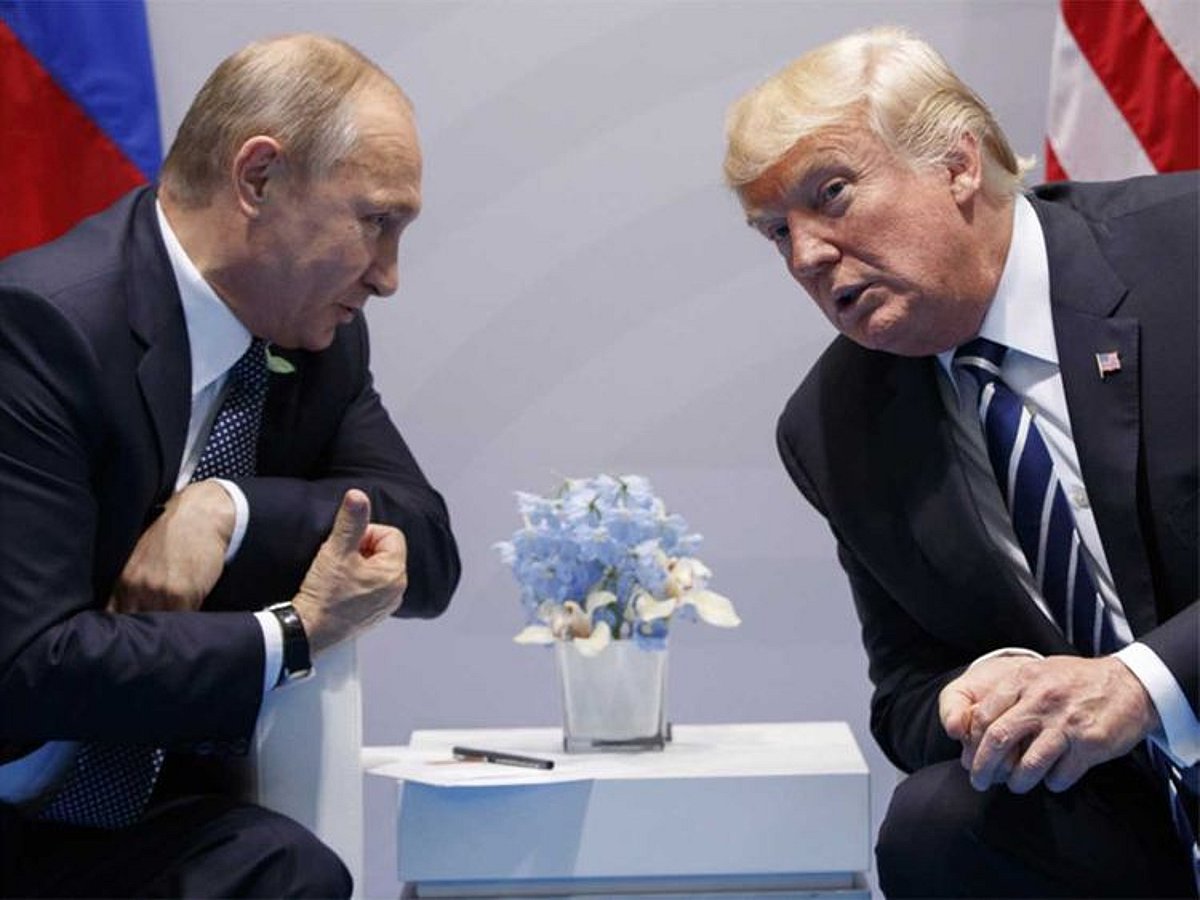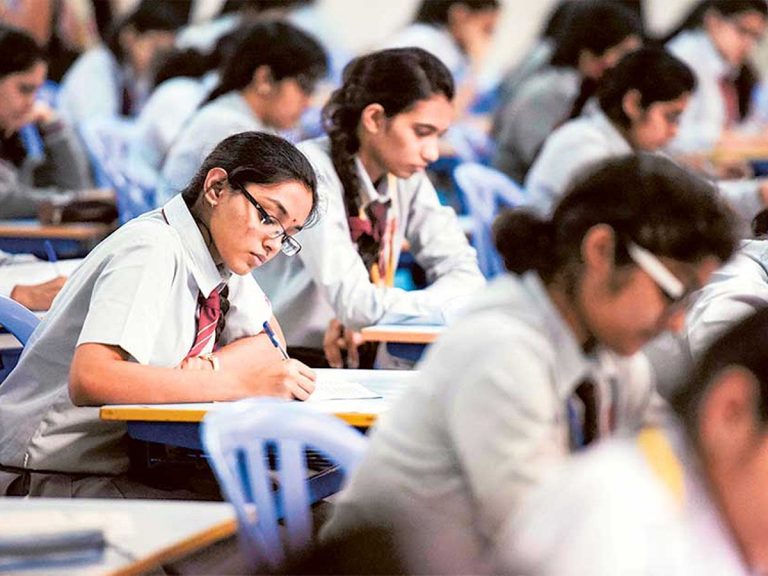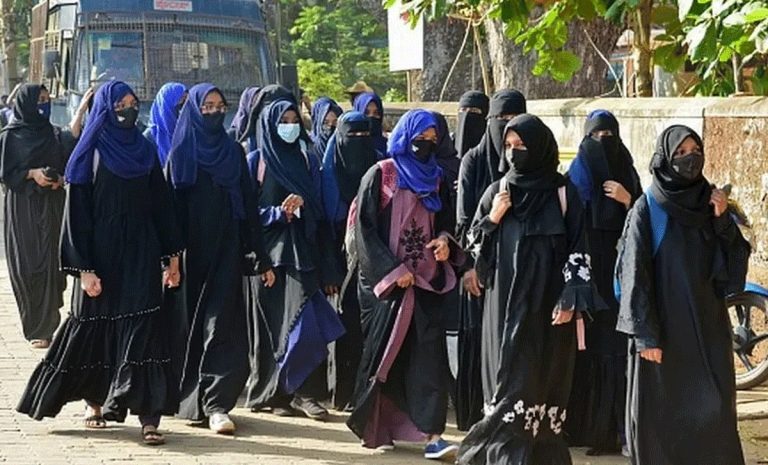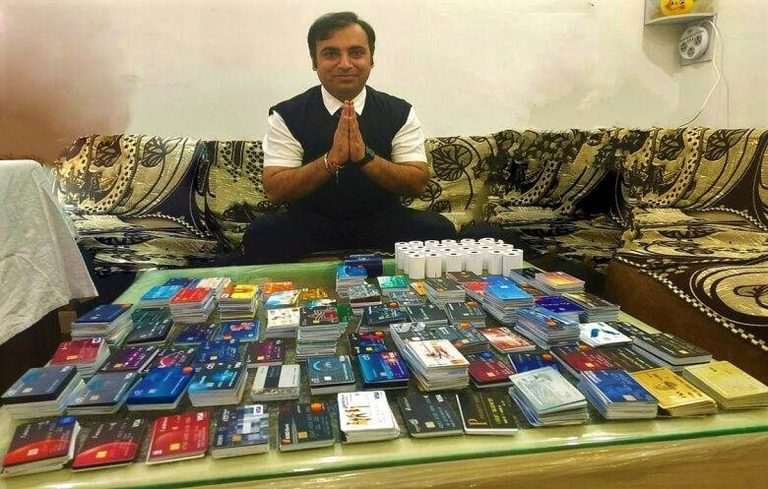Moscow Clarifies Nuclear Tests Amid U.S. Tensions
In a bid to alleviate escalating nuclear tensions with the United States, Moscow has clarified its recent weapons tests. The Kremlin’s statement follows U.S. President Donald Trump’s directive for American nuclear tests in response to actions by other nations. This development highlights the delicate balance of power and the ongoing concerns surrounding nuclear capabilities.
Clarification from the Kremlin
On Thursday, the Kremlin emphasized that its tests of the Burevestnik cruise missile and the Poseidon underwater drone do not equate to nuclear weapon tests. Kremlin spokesman Dmitry Peskov stated that these tests should not be interpreted as a direct challenge to the existing moratorium on nuclear warhead testing, which both Russia and the U.S. have been observing.
Peskov expressed hope that the information regarding these tests was accurately communicated to President Trump. He reiterated that the recent activities do not constitute a nuclear test, aiming to reduce misunderstandings between the two nations.
U.S. Response to Global Testing
In response to the developments in Russia, President Trump announced that he had instructed the Department of War to initiate nuclear tests. His statement indicated that this decision was a reaction to the testing programs of other countries. However, it remains unclear whether Trump was referring to the testing of nuclear warheads or merely the systems capable of delivering such warheads.
The ambiguity surrounding Trump’s announcement raises questions about the future of nuclear testing and the potential for renewed arms competition.
Implications of Renewed Testing
The Kremlin has warned that if the U.S. resumes nuclear testing, Russia would follow suit. Peskov stated, “If someone departs from the moratorium, Russia will act accordingly.” This statement underscores the precarious nature of international relations regarding nuclear capabilities, as both nations possess approximately 90% of the world’s nuclear arsenal.
Russian President Vladimir Putin has previously indicated that any resumption of U.S. nuclear tests would prompt a similar response from Russia. The potential for a renewed arms race looms large, particularly given the historical context of the Comprehensive Nuclear-Test-Ban Treaty, which both countries signed in 1996 but have yet to ratify.
FAQs
What are the recent tests conducted by Russia?
Russia recently tested the Burevestnik cruise missile and the Poseidon underwater drone, both of which are nuclear-capable but do not constitute nuclear warhead tests.
What is the U.S. response to Russia’s actions?
President Trump has ordered the U.S. Department of War to begin nuclear tests as a countermeasure to the testing programs of other nations, although it is unclear if this involves warheads or delivery systems.
What would happen if the U.S. resumes nuclear testing?
If the U.S. were to resume nuclear testing, Russia has indicated it would respond in kind, potentially leading to a renewed arms race between the two nations.
Conclusion
The recent exchanges between Russia and the U.S. highlight the fragile state of nuclear diplomacy. As both nations navigate their military capabilities and testing protocols, the potential for escalation remains a significant concern. Continued dialogue and adherence to existing treaties will be crucial in preventing a return to widespread nuclear testing.
The clarification from Moscow comes at a time when global nuclear dynamics are increasingly complex, with various nations advancing their military technologies. The Burevestnik and Poseidon systems are part of Russia’s broader strategy to modernize its nuclear arsenal, which has raised alarms among Western nations. These developments are often viewed through the lens of national security, prompting discussions about deterrence and the implications for global stability.
The historical context of nuclear testing is significant, as the Cold War era was marked by an arms race that saw both the U.S. and the Soviet Union conduct numerous tests. The Comprehensive Nuclear-Test-Ban Treaty was intended to curb such activities, yet its lack of ratification by key players has left a gap in international nuclear governance. As tensions rise, the potential for miscommunication or miscalculation increases, making it essential for both nations to engage in transparent dialogue to mitigate risks associated with their nuclear capabilities.
In light of these developments, analysts emphasize the importance of diplomatic channels to address concerns and prevent escalation. The interplay between military advancements and international treaties will be crucial in shaping the future of nuclear policy and ensuring that both nations remain committed to avoiding a return to open testing.
Also Read:
U.S. Resumes Nuclear Weapons Testing Amid Global Tensions







